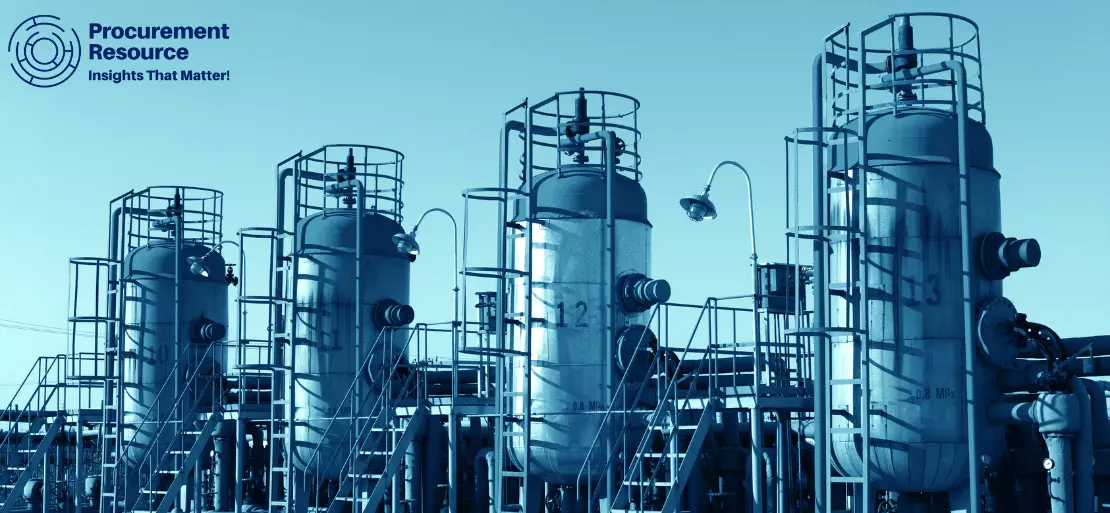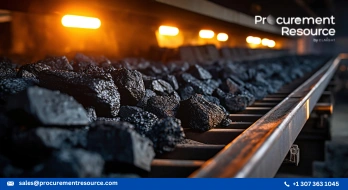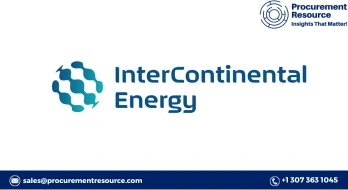Petrochemicals Industry Amidst COVID-19

The petrochemicals industry accounts for a significant proportion of the overall chemical industry and was projected to witness a healthy growth in the coming year pre-COVID. However, the estimated graph went significantly down as the world was struck by the COVID-19 pandemic late last-year.
Several industries, including the petrochemical industry, saw adverse impacts on its supply and demand due to the pandemic. The increasing number of cases led to countries imposing restrictions related to travel and trade, which furthermore made it difficult to create a downstream demand.
The petrochemical industry is an integral part of the chemical industry and is considered to be the most competitive one. Its products have been evolved out of oil and gas processing. The industry is responsible for the production of a range of useful products, including synthetic rubber, solvents, plastics, pharmaceuticals, fertilisers, explosives, and other essential products. The petrochemical industry acts as a raw material supplier to manufacture products used in cards, household goods, packaging, paints, medical equipment, building material, clothing, and many more products of daily use.
As China became the first nation to be afflicted by the pandemic, the virus severely impacted its supply chain cycle, causing several disruptions. This, in turn, affected the global market as China is one of the important players in the petrochemical industry.
With governments trying to control the spread of the virus, the petrochemical industry was impeded by issues, such as shortage of staff, logistics issues, and rising inventory, which forced them to cut their production. The COVID-19 pandemic is expected to decline a year worth’s demand, which makes up about 10% of the global market, depending upon the applications. The global chemical production index had witnessed an approximate drop of 7% by April 2020. The situation is still dynamic as most countries move from the ‘flatten’ phase to the ‘fight’ phase.
India, which is one of the major manufacturers and suppliers of petrochemicals, is still going through its ‘fight’ phase, which brings problems like shortage of manpower, shortage of demand, global oversupply, and more. This has led the Indian companies to slash capital and operational spending. The demand growth of the key polymers produced in India is evaluated to decrease by 4% in 2020.
The lockdowns imposed by many countries have led to delays in product launches, temporary stoppage of construction activities, and a decreased demand for electrical products. These drastic changes in the demand and supply chains have affected the petrochemical’s applicant industries as well. China has faced a decrease in car sales by 80% while, in Europe, there was a 50% decline on an average.
Moreover, the production loss of PVC in the month of February 2020, was estimated to be 140,000 – 200,000 metric tons. The sharp decline in the price of crude oil has also affected the ethylene cost curve but, has been beneficial for naphtha/LPG-based crackers.
Due to panic buying and changing consumption patterns with the increasing focus on hygiene and disinfection standards, some industries like packaging, nutrition, and personal care have thrived in March 2020. With pesticides getting placed in the essential commodities list, their industry has been working close to usual.
With the changing scenarios of the petrochemical industry throughout the globe, the possible solution for the key players in the industry is to adapt to the change, which means that the industry is planning a strategic analysis of the market in order to adapt accordingly.
There are many countries that are still not running at their usual capacity because of challenges, such as tentative restrictions in movements and smaller workforces, which aim to promote social distancing to prevent the spread of COVID-19 until a vaccine is created.
Since the confirmed COVID-19 cases are still increasing in many countries, it is hard to firmly evaluate the number of possible disruptions in the supply chain, but, as the global situation of the pandemic is recovering, it has led to a slow boost for the petrochemical industry.
Manufacturers throughout the countries are now evaluating their disruptions in the supply chains, coupled with the delays of their upstream and downstream products. The recovery of the petrochemical industry largely depends upon how quickly the virus can be controlled. Depending upon the current trajectory, a recovery is expected in the upcoming year (during the ‘fight’ phase), with the demand slowly returning to its pre-COVID level. A full post-COVID recovery is, however, expected to be attained only in the next 1-3 years.




